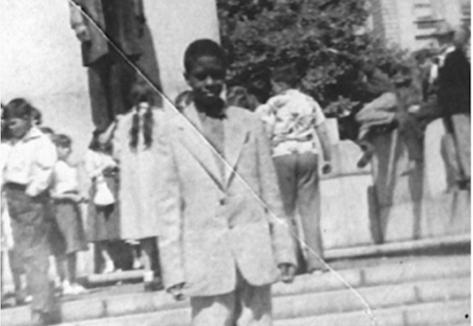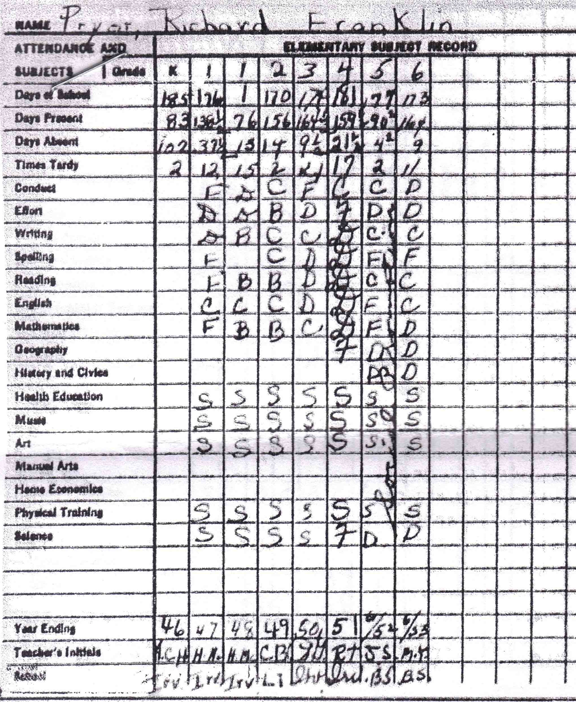I knew such things as comedy albums existed. I’d spied a couple of them in my parent’s record collection. But they seemed like such quaint and dated things. After all, I’d grown up on Eddie Murphy’s scandalous HBO specials, had seen George Carlin and Richard Pryor pace the stage delivering epic comic commentary. I had imbibed a steady stream of standup and sketches on Comedy Central. What need had I of a comedy album?! The facial expressions, rare props, ridiculous outfits… weren’t these visual cues necessary to carry the jokes?
Then I heard Lenny Bruce’s live double album from his 1961 concert at Carnegie Hall and flipped out (hear an excerpt above). I didn’t know very much about Bruce at the time—not much more than the name. But after listening to that record enough times to memorize every line and inflection, I became very interested in how comedians brought listeners to tears of laughter with only their voices. Bruce was a master. “Onstage,” writes Richard Brody, “he was a one-man cartoon, doing all the voices and poses of movie parodies that he infused with his own stringent and paradoxical morality.” So cartoonish was his act at times that one joke became an actual cartoon—“Thank You Mask Man,” a NSFW classic.
Bruce’s act swung like a jazz performance, sometimes hitting a blue note, and pulling his audience down with a serious scene, then ramping right up into wild, nasal runs of high-pitched comic virtuosity. Other comics, like the deadpan Bob Newhart, hardly ever varied their volume, tempo, and tone, and therein lay the understated appeal of Newhart’s “Button-Down Mind.” Then there are the characters and impressions of Lily Tomlin, the unhinged rants of Richard Pryor, the screaming of Sam Kinison, the narcoleptic drone of Steven Wright, the childlike warble of Emo Philips… Every comic uses his or her voice as an instrument, tapping into the audience’s musical sense of rhythm and timing as much as their intellectual sense of irony and absurdity.
Today, we bring you a playlist of 30+ standup comedy albums, ranging from current comic masters like Amy Schumer, Tig Notaro, and Louis C.K. to beloved comics from decades past like Gilda Radner and Bill Hicks. (You can purchase copies of these classic albums here.) We’ve got the famous duo of Mel Brooks and Carl Reiner (yes, they do “2000 Year Old Man”), we’ve got Richard Pryor, George Carlin, Steve Martin, Robin Williams, and even… hell, why not? Andrew Dice Clay. And Lenny Bruce’s Carnegie Hall Concert made the cut as well, an absolute must-hear. Most of these picks were chosen by Open Culture readers on Twitter, with a few taken from this Spin list of the “40 Greatest Comedy Albums of All Time.” If there’s an album you think we absolutely have to add to the playlist above, let us know in the comments. If you don’t have Spotify, download it free here. And if you object to using the service, why not preview some of these, then go buy the ones that crack you up the hardest? All of the albums on the playlist can be found on Amazon here.
Related Content:
Lenny Bruce: Hear the Performances That Got Him Arrested (NSFW)
Richard Pryor Does Early Stand-Up Comedy Routine in New York, 1964
Seinfeld, Louis C.K., Chris Rock, and Ricky Gervais Dissect the Craft of Comedy (NSFW)
Josh Jones is a writer and musician based in Durham, NC. Follow him at @jdmagness



